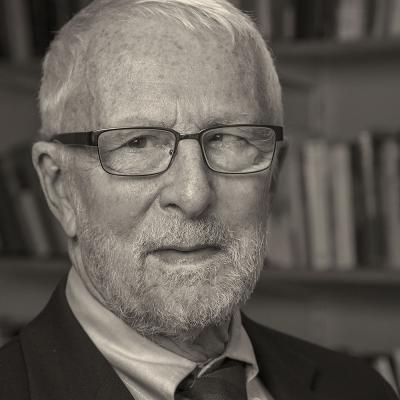Michael J. Piore
Michael J. Piore
Advisory Board, IPC
Michael J. Piore has been on the faculty of the Department of Economics at MIT since 1966, and also currently holds a joint appointment with the Department of Political Science. He is also currently a Visiting Senior Fellow in International and Public Affairs at the Watson Institute for International and Public Affairs at Brown University. He earned his undergraduate and graduate degrees at Harvard University, where he wrote his doctoral dissertation under the direction of John T. Dunlop. He is the founding director of the MIT-Mexico Program and former associate director of the Center for Technology, Policy and Industrial Development. He has served as president of the Society for the Advancement of Socio-Economics (SASE) and as an elected member of the executive committee of the American Economic Association. He was a MacArthur Prize Fellow (1984-1989), a member of the Executive Committee of the American Economic Association (1990-1995), and a member of the Governing Board of the Institute for Labour Studies of the International Labour Organization (1990-1996).
Piore is best known for the development of the concept of the internal labor market and the dual labor market hypothesis and, more recently, for work on the transition from mass production to flexible specialization. He is a labor economist but is also concerned with the broad interplay between economics, politics, and society. The central themes in Piore’s work are the social, institutional and cognitive dimensions of economic activity. He has worked on a number of labor market and industrial relations problems including low income labor markets, the impact of technology upon work, migration, labor market segmentation, and the relationship between the labor market, business strategy and industrial organization. He is currently working on new forms of labor market regulation in the United States as a response to a shift in the axes of social and political mobilization from economic class to social identities associated with race, sex, ethnicity, age, and disability. He is also working on the contrast between labor market regulation in the United States and forms of regulation in Mexico and Latin America.
Publications
SENAI + ISIs: The Silicon Valley Consensus Meets Organizational Challenges in Brazil, 2017
NSF and DARPA as Models for Research Funding: An Institutional Analysis, Industrial Performance Center, 2015
Innovation — The Missing Dimension, Harvard University Press, 2004


